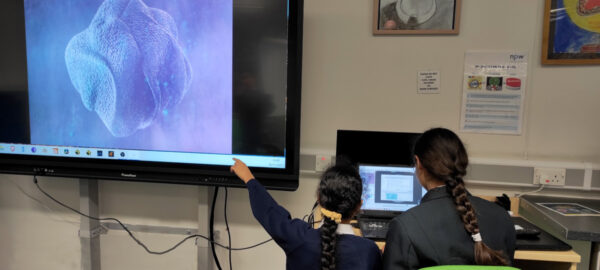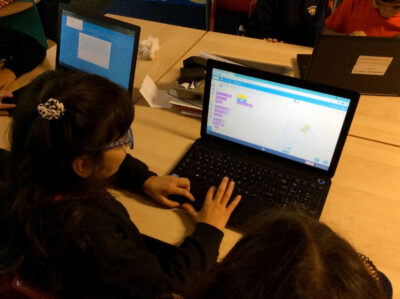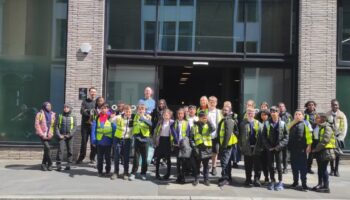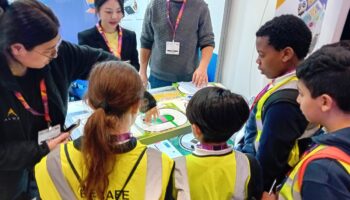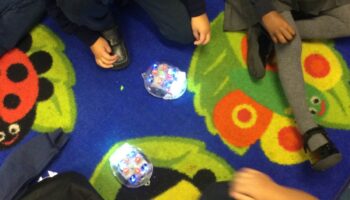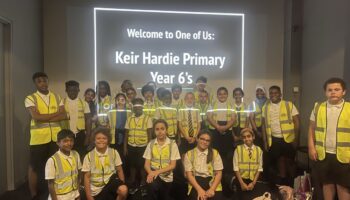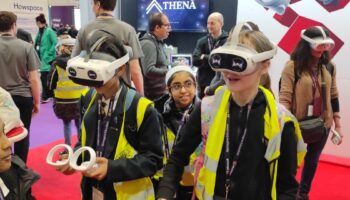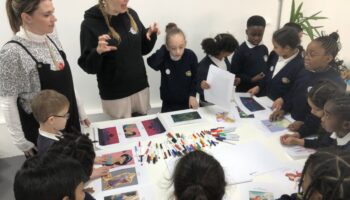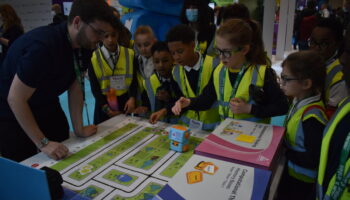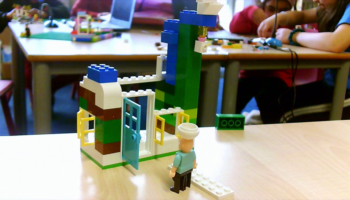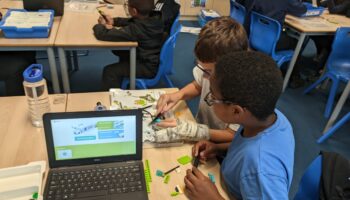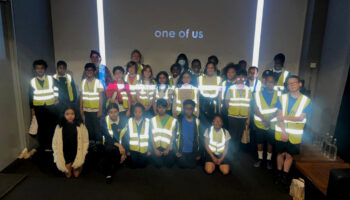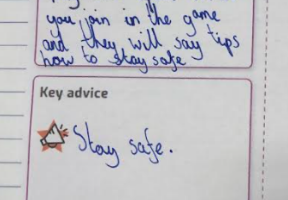Intent
We aim to widen pupil’s experience of a range of devices and modern technologies, in order they are literate and able to communicate effectively using computing terminology across a range of operating systems, while also enabling SEN children to have equal access to computing, ensuring that they are making good progress relative to their starting point.
We want them to have a solid understanding of online safety, and how to keep themselves safe while being online or using a computer/digital device.
We wish that by the end of their primary school journey, our pupils will be secondary ready, able to perform various computing related tasks, such as Coding, eBook creation, Website creation, Video/Audio Editing and VFX creation.
Implementation
The implementation takes place bi-termly, using the Learning journeys, for every term. The curriculum, is divided in three themes which reflect the Computer Science, Digital Literacy and Information Technology of the National Curriculum, with progression of skills on relevant topics each term across all year groups from EYFS to Year 6:
- Coding in Autumn term
- Data Science and text editing in Spring term
- Media creation in the Summer term.
The lessons are taught by a specialist and are tailored to everyday life and use.
Online safety is taught every term, presenting a different topic each time. Links to real, everyday life examples are made to address online safety topics, using NSPCC resources and examples found online (such as age appropriate YouTube videos)
We are teaching our pupils what is “out there”, by providing hands-on experience with computing and ICT hardware, i.e., cameras, robots, microphone, mixing console, etc. Additionally, computers with industry-used software such as Google Docs, Photoshop, Blender,DaVinci Resolve and Blackmagic Fusion are already in place and ready to be used in every class, including dedicated computers for SEN pupils.
The teaching of each lesson is adapted according to the pupils’ possibilities and level of understanding.
Impact
Pupils gain an in – depth knowledge on various topics of computing, especially around using computing as a tool to code, collect information, create and communicate ideas.
By the end of the year our pupils achieve age-related expectations and demonstrate literacy and computing through use of a range of hardware and software, and show confidence in their use of computing specific vocabulary. Also disadvantaged and SEN pupils gain access and knowledge to modern technologies, understanding how they work and by improving their skills in using them.
Pupils at the end of their primary career are secondary ready, having acquired the necessary knowledge and skills through hands-on practice with industry standard software and by participating in various school projects.
